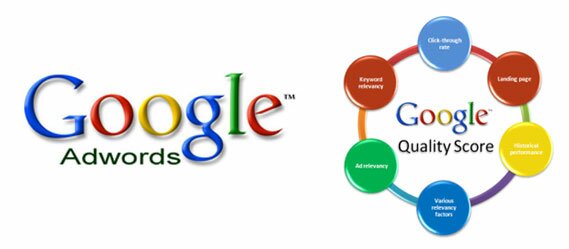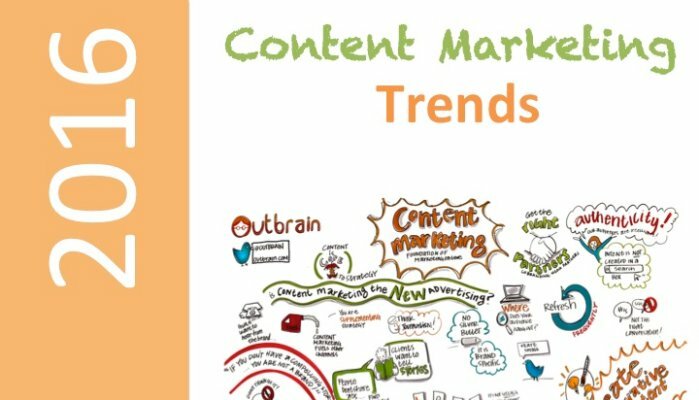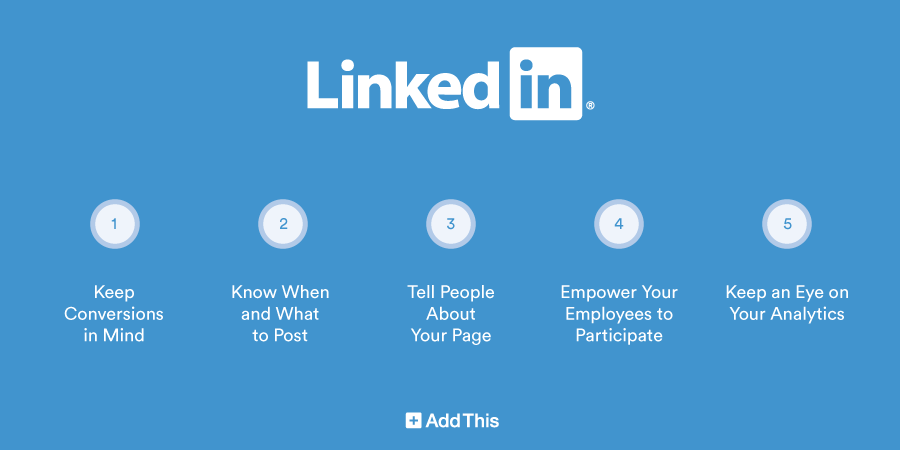



Posted by BUILDNICHELINKS 0
Let’s say you’ve just started a business, and it’s going pretty well. You’re gaining new customers all the time, but at a slower rate than what you were hoping for. You have a website where you tell visitors all about your services and write interesting blog posts to help with search ranking and authority. You’ve opened a social media account on every platform you’ve come across, and yet you still feel like something is missing.
The problem might be that you simply haven’t invested enough capital into promoting your business. As great as social media marketing is, good “old fashioned” advertising still has a place in your overall marketing plan.
When you’re a small business owner, and a brand new one at that, there is a lot of pressure on you to make a profit. So if you’re holding on tight to every last cent you have, that’s understandable. But you also need to make some smart spending decisions to get a return on your investment and to make a profit.
Advertising online is one way to do it, but how do you know if you’re making the smartest choices? Should you go with Adwords? PPC? What’s the difference? Read on and we’ll give you the scoop.
Pay Per Click Advertising
The premise behind pay per click (PPC) advertising is that you can effectively manage an advertising budget based on how many people actually engage with your ad. In other words, you pay for the number of times your ad is clicked on.
This is a very appealing set up, especially if you are new to creating advertisements. If your ad stinks and virtually no one clicks on it to visit your site, you won’t have blown your whole marketing budget in one go.
Before PPC, advertisers were charged a certain amount for every 1,000 impressions. In other words, once your advertisement appeared 1,000 times, you had to pay up, even if no one actually clicked on your ad. Compared to paying for impressions, PPC is much kinder to the advertiser’s bank account, and it’s the most common protocol for ad services these days.
Google Adwords
Google Adwords pioneered PPC advertising, so the two terms are often used interchangeably. However, these days PPC is offered by many platforms, not just Google.
If you do a Google search for virtually any keyword, you will see a handful of sponsored results above your organic search results. You can usually tell whether you’re looking at an advertisement thanks to the yellow “AD” icon next to each paid result, or a less-obvious greyed-out “Ad” icon in the upper right corner. There may also be a sidebar on the right-hand side with even more sponsored results.
These are advertisements created with Google Adwords. The only way for you to have an advertisement that appears in Google search results like this is to use Google Adwords.
Because ranking #1 on Google for industry keywords is tough to do organically and takes a lot of marketing know-how and resources, paying your way to the top is very alluring. Don’t expect to get there cheaply, though. The more money you pay per click, the more often your ad will appear at the top of search results.
Other PPC Advertising Platforms
Since Google is still the undisputed champion of Internet search engines, despite Yahoo and Bing’s best efforts, Google Adwords is the most popular and most well-known PPC advertising platform. But it’s not the only one.
Facebook has its own internal advertising service with multiple payment options, including PPC. Your ad can appear on the right-hand side on Facebook, or appear in users’ newsfeeds as a sponsored post. Twitter also has its own advertising platform to show sponsored posts to users. You will choose a campaign goal, and then only pay for the clicks that achieve that goal (such as more followers, website visits, or retweets).
YouTube is another social network that offers PPC ads, although with a slight twist (you don’t pay if someone skips your ad before 30 seconds, for example). If your business is booming on other social media platforms, check whether they offer internal advertising. They probably do!
Depending on which country your target audience lives in, Google might not be the most popular search engine of choice. Yahoo, Bing and others have a foothold in other countries, and these search engines have their own advertising systems that mirror Google Adwords.
And what about those banner ads that appear on sites all over the Internet? Well, you can create and manage these through the Google Adwords platform as well. But, you can also choose to target specific sites via intermediaries like Advertising.com (a division of AOL).
If you’re already a Jack-of-all-trades when it comes to running your small business, you might not have the time it takes to implement an effective, well-thought-out online advertising campaign, let alone learn how to do it in the first place or analyze results to make changes in the future. Delegate your PPC advertising needs to the experts if you really want a successful campaign.



Search on Build Niche Links
Email Marketing
How we build links
Mobile Marketing
User Behavior & SEO Structure
Try These SEO Hacks for Immed Read More!
Tuesday, 26 Jul 2016
How to Keep up with Content M Read More!
Wednesday, 20 Jul 2016
Best Practices for Marketing Read More!
Friday, 15 Jul 2016